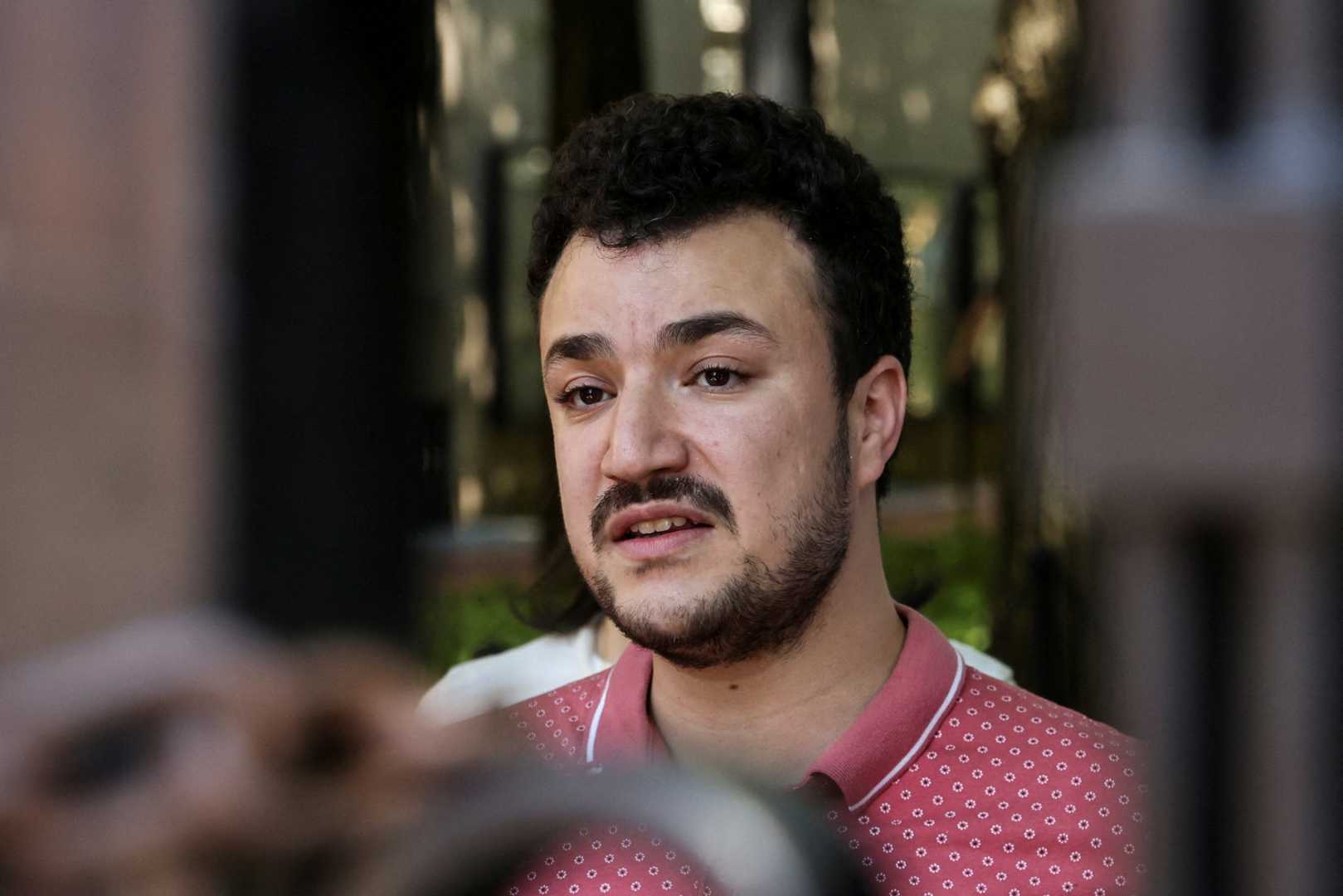News
Columbia Student’s Detention Sparks Debate on Freedom and Justice in America

JENA, Louisiana – Mahmoud Khalil, a former Columbia University graduate student and legal resident, has been held in an immigration detention center since March 8, raising profound questions about civil liberties and political expression in the United States. In an op-ed published in The Washington Post on April 17, Khalil challenged readers to consider what his detention says about America.
Khalil, a vocal advocate for Palestinian rights, argues that his legal permanent resident status should protect him from deportation, especially given that he has not been charged with any crime. Despite this, an immigration judge ruled that the government could proceed with his deportation based on a tenuous claim that his beliefs and associations threaten U.S. foreign policy interests. The case has brought to light the increasing scrutiny faced by students and activists who criticize U.S. policies, particularly regarding Israel.
More than 47,000 individuals are currently held in immigration facilities across the country, according to a report by Immigration and Customs Enforcement (ICE), with nearly half lacking criminal records. The facility where Khalil is detained houses over 7,000 individuals and has been criticized for its conditions. Khalil described the fear and uncertainty faced by detainees in his letter, noting that many are held without clear prospects for release.
In his poignant op-ed, Khalil recounts moments of introspection amidst his confinement. “It’s almost 4 a.m. Thunder crashes,” he wrote, describing the bleak atmosphere of the detention center, where he shares space with others facing similar uncertainties and anxieties. “I write this letter as the sun rises, hoping that the suspension of my rights will raise alarm bells that yours are already in jeopardy,” he continued.
Throughout his piece, Khalil reflects on the historical context of civil liberties in America, drawing parallels to the World War II internment of Japanese Americans. “Rights are granted to those who align with power,” he said, emphasizing that for marginalized groups, rights often remain “but words written on water.”
His writing further highlights the ongoing challenges faced by students who advocate for Palestinian rights. Khalil’s experience exemplifies a broader trend of increased targeting of dissenting voices in academic settings, particularly those challenging U.S. government narratives.
During his latest court hearing, the government invoked Secretary of State Marco Rubio‘s claims that Khalil’s activism poses a threat to national interests. Khalil countered this assertion stating, “I believe in the innate equality of all human beings. I believe in human dignity.” His steadfast commitment to free speech invigorates his message as he seeks solidarity from the public.
On the same day, another detained student, Rümeysa Öztürk, described in court how she faced “unsanitary” and “inhumane” conditions following her own arrest last month. Öztürk’s treatment raises additional concerns about the treatment of detainees and the implications of U.S. immigration policies on individuals advocating for social justice.
The ramifications of Khalil’s and Öztürk’s cases are significant, with implications for free speech and academic freedom. Khalil’s legal team includes the New York Civil Liberties Union, which argues that the administration’s tactics—labeling dissenting viewpoints as threats to foreign policy—violate constitutional protections.
Khalil’s situation is also part of a broader narrative involving other immigrant rights activists targeted under the current administration’s policies. Speaking to the media, Khalil passionately asserts, “Why should protesting Israel’s indiscriminate killing of thousands of innocent Palestinians result in the erosion of my constitutional rights?”
As Khalil awaits further legal proceedings, his story serves as a rallying cry for many who believe that safeguarding civil rights is essential for a true democracy. “A democracy for some—a democracy of convenience—is no democracy at all,” he states, urging the public to recognize their own vulnerability in the face of governmental authority.












